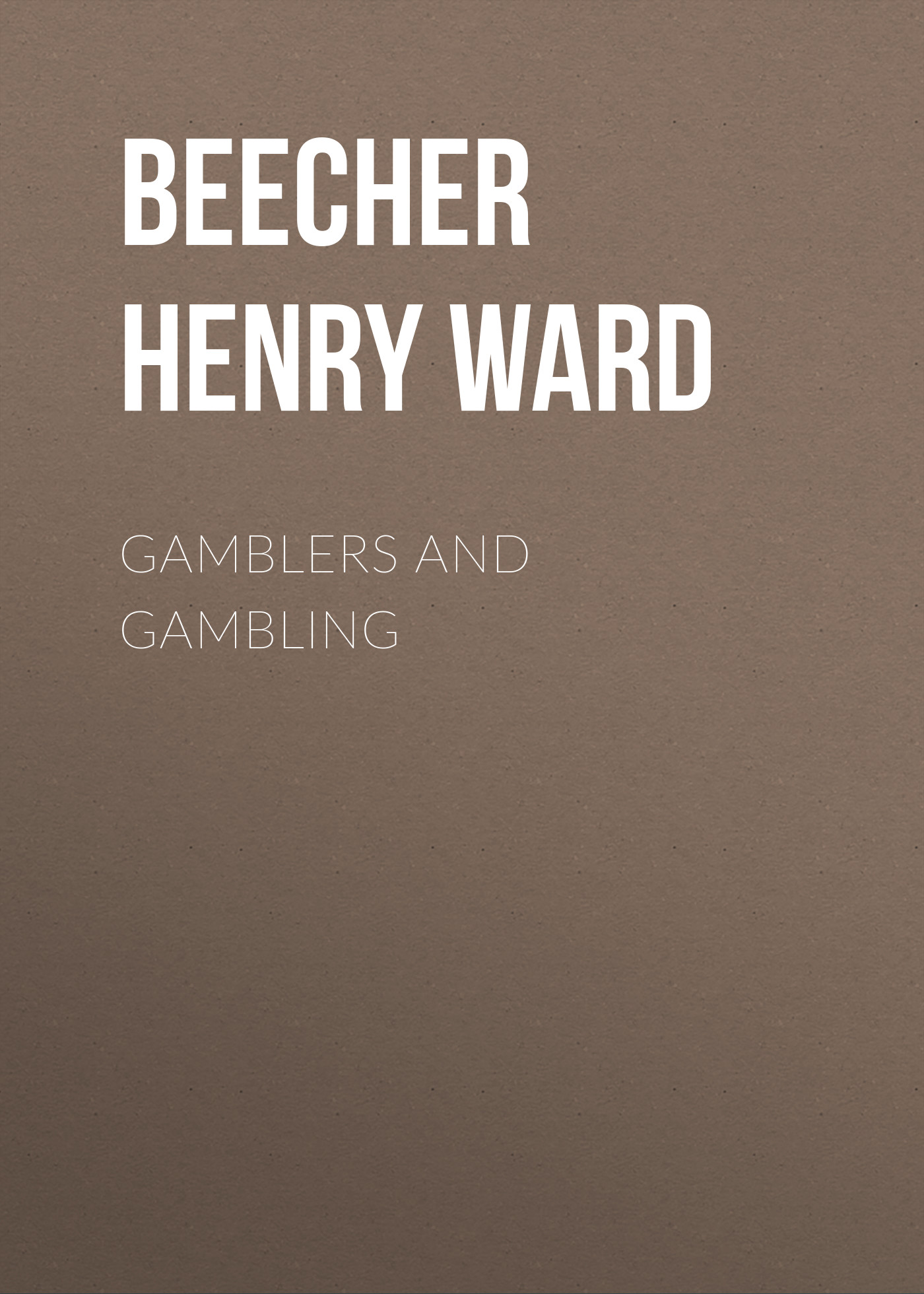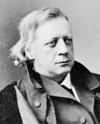Beecher, Henry Ward
died March 8, 1887, Brooklyn, N.Y.
U.S. Congregational clergyman.
The son of a minister, he was the brother of
Harriet Beecher Stowe and Catharine Esther Beecher. After graduating from Amherst College and later studying at Lane Theological Seminary, he served as pastor to congregations in Indiana. In 1847 he was called to Plymouth Church in Brooklyn. A famous orator and one of the most influential preachers of his time, he opposed slavery and supported women's suffrage,
Charles Darwin's theory of evolution, and scientific biblical criticism. He gained unfavourable publicity in 1874 when he was put on trial for adultery, but he was acquitted and returned to his church.
Henry Beecher, photographed by Napoleon Sarony
The Granger Collection
* * *
▪ American minister
born June 24, 1813, Litchfield, Conn., U.S.
died March 8, 1887, Brooklyn, N.Y.
liberal U.S. Congregational minister whose oratorical skill and social concern made him one of the most influential Protestant spokesmen of his time.
He was the eighth of the Rev. Lyman Beecher's 13 children and showed little promise at various schools until he went to Amherst in 1830. Though never distinguished as a scholar, he became a superior speaker and popular leader.
After three postgraduate years in Cincinnati, Ohio, at Lane Theological Seminary, of which his father became president in 1832, Beecher in 1837 became minister to a small Presbyterian congregation at Lawrenceburg, Ind. He gradually cultivated his pulpit technique, there and in a pastorate at Indianapolis, Ind. (1839–47), and came to believe that a sermon succeeds by focussing on the single objective of effecting a moral change in the hearer. A highly successful preacher and lecturer, Beecher furthered his reputation through Seven Lectures to Young Men (1844), vivid exhortations on the vices and dangers in a frontier community.
In 1847 he accepted a call to Plymouth Church (
Congregational),
Brooklyn, N.Y., where he drew weekly crowds of 2,500 by the early 1850s. Though his influence upon public affairs was sometimes exaggerated, both his pronouncements and his personal life were regularly matters of national and even international interest. He gradually became more emphatic in opposing slavery, and his lectures of 1863 in England won over audiences initially hostile to him and to the Northern point of view. Increasingly outspoken after the Civil War, he supported a moderate Reconstruction policy for the South, favoured Grover Cleveland's candidacy in the 1884 presidential campaign, and advocated women's suffrage, evolutionary theory, and scientific biblical criticism. His outlets for these issues, in addition to Plymouth Church, were the
Independent, a Congregational journal he edited in the early 1860s, and the nondenominational
Christian Union (
later Outlook), which he founded in 1870.
Beecher, always considered an emotional and sensual man, became in the 1870s the subject of rumours alleging immoral affairs, and he was sued in 1874 by his former friend and literary protégé Theodore Tilton, who charged him with adultery with his wife. Two ecclesiastical tribunals exonerated Beecher, though the jury in the civil suit failed to reach agreement, as have later students of the evidence. Despite the scandal, however, he remained active and influential until his death.
Besides his sermons, Beecher's many works include
Evolution and Religion (1885);
Life of Jesus the Christ (1871–91);
Yale Lectures on Preaching (1872–74); and a novel,
Norwood: A Tale of Village Life in New England (1867).
Additional Reading
Clifford E. Clark, Jr., Henry Ward Beecher (1978), is a biography. Studies of Beecher as an orator include Lionel George Crocker, Henry Ward Beecher's Art of Preaching (1934), and Henry Ward Beecher's Speaking Art (1937); and Halford R. Ryan, Henry Ward Beecher: Peripatetic Preacher (1990). The Tilton episode is discussed in Robert Shaplen, Free Love and Heavenly Sinners (1954).
* * *
Источник: Beecher, Henry Ward


